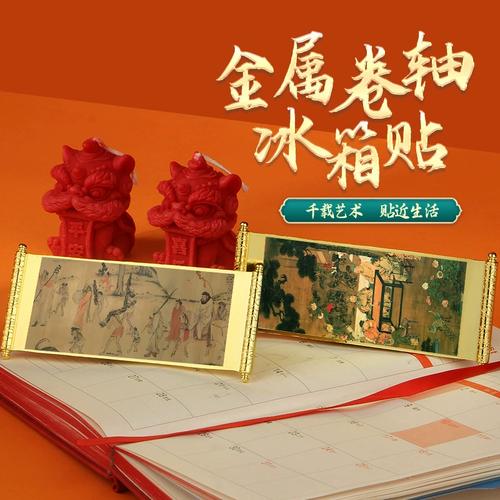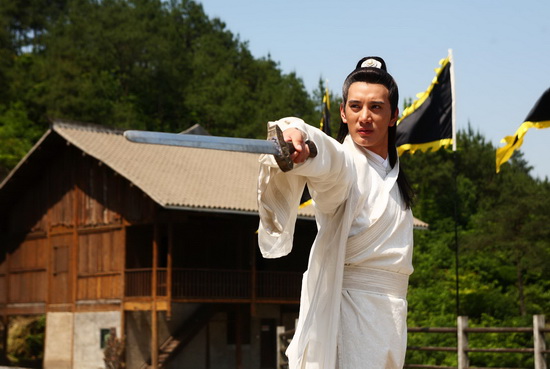What was the position of an official in ancient times? Who will be in charge? Is the status really low? This is a question that many readers are concerned about. Let’s learn about it together with all the readers and give you a reference.

01 Introduction
The ancient ‘officials’ were a very special group, distributed in central and local government offices, responsible for various specific affairs. Officials are different from government officials and ordinary people. They are the “link” between officials and the people. They are subject to officials, but they are also assistants and direct participants in the government’s rule over the people. As the saying goes, ‘officials are like tigers, officials are like cats’. So, where do officials come from? Who are all responsible for it? What about their status? What impact does their existence have on rulers?
02 Joined as an official

As specific officials at all levels of government, most of the officials come from the lower echelons of society, mainly consisting of commoners, farmers, small landlords, etc. Among them, there are also many children of low-level bureaucrats who do not have the ability to pass the imperial examination and become officials, nor can they rely on the blessings and support of their elders to become officials. However, they can choose to live a life of ordinary commoners and become petty officials. There are three main ways to enter the civil service:
1) Inheritance, that is, the original Xuli officials are inherited by their descendants due to old age or death;
2) Bao Yin, also known as official guarantee, refers to recommending others to serve as officials;
3) Charging is an optional method for all social classes. No matter who it is, they can apply for official positions through self recommendation and examination. Qualified candidates can be appointed as officials. Of course, although the officials of the Central Hundred Departments will be registered after review, they can only hold some internship positions and face the danger of being expelled at any time. They must work for a period of time before taking another exam, and only after passing can they be promoted to official officials.
03 Servants in front of officials
There is a strict distinction between officials and civil servants, and compared to officials, the social status of petty officials is quite low. Mou Yuan of the Qing Dynasty referred to it as “Since the Tang and Song dynasties, scholars and practitioners have not been officials, while those who are officials have been cunning in the market, servants of wealthy families, and criminals, making them lowly officials. Of course, petty officials also have the opportunity to become officials and change their social status, but the requirements are very strict.
In ancient times, officials often rotated their positions, as newly appointed officials were not familiar with the local situation, but junior officials came from the people and valued practical experience, skills, and knowledge of the people’s situation; Residing in the yamen for a long time, familiar with official duties and internal affairs. So to some extent, newly appointed officials are highly dependent on the petty officials of the local government. Therefore, petty officials play a crucial role in local political life. Although they hold a lowly position in front of officials like servants, petty officials are often able to govern on behalf of officials and act beyond their authority. If incumbent officials lack independent thinking, petty officials will become powerful figures in the government. In many regions, there has been a humorous situation where officials are strong and weak, and officials are not enough to control them. Some even describe the government officials as a “world of public officials”.
04 The ‘King of Hell’ in front of the people
Many petty officials participate in land consolidation activities, and forging land deeds is a common method used by petty officials. Xuli not only leased, bought, and even forcibly occupied civilian land, but also official land. In order to evade taxes, cunning petty officials will resort to various means.
For example, during the Southern Song Dynasty, the merger of hidden households with rural officials such as Baozheng (one of the positions of petty officials) and Xiangsi conspired to cheat and hide their assets, resulting in families with thousands of acres of land only having to pay taxes on two or three hectares of land each year. Some illegal officials often oppress and extort civilians. In the Southern Song Dynasty, a farmer who owed taxes was tied up by petty officials and refused to eat. In the end, the farmer was tortured to death by these petty officials, who falsely accused the deceased’s wife of being the murderer. Many of these households, including officials, are privately imprisoned, often imprisoning poor, weak, and innocent people, subjecting them to arbitrary torture and interrogation, often causing tragedies, and most of the victims’ families dare not sue. In fact, the court has repeatedly ordered the prohibition of lynching, but the ban has not stopped.
05 Conclusion
Ultimately, the ancient system of petty officials was a product of the feudal imperial system. On the one hand, rulers relied on petty officials to govern the country, and on the other hand, the seemingly unattainable imperial power was controlled by a group of petty officials. This is an incredible thing, but also a helplessness. Although petty officials were an indispensable part of the ancient administrative management system and played an irreplaceable role in technology, due to the inherent nature of the feudal system, governing the country by them could only harm the country.




